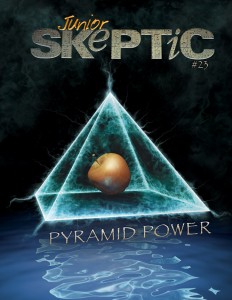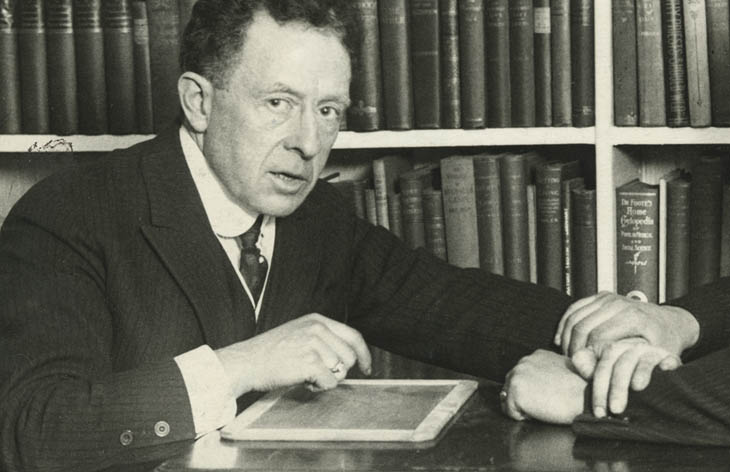This article was originally published at the defunct Skepticblog.org on Nov 18, 2013. An archived version is available here.

Junior Skeptic 23 cover illustration by Daniel Loxton
In an upbeat moment the other day, I tried proposing on Twitter that we might take a moment to try naming some things we like, respect, or even admire about a person, movement, organization, or subject area over on the paranormal / fringe science advocacy end of things. I offered up a few examples of my own. One of the first to come to mind was a conversation I had with 1970s “pyramid power” promoter and bestselling author Max Toth.
I spoke with Toth while I was working on my Junior Skeptic story on pyramid power back in 2005 (Junior Skeptic 23, bound inside Skeptic Vol. 12, No. 2) and found him an unusually friendly and generous source. Toth was happy to share his experiences and insights into a once flourishing for-profit paranormal business—the kind of information available only from insiders, and only if they are willing to share. Toth was entirely willing to share his recollections openly, despite the fact that he claimed to have “no doubts, none whatsoever” regarding the alleged paranormal powers of the cardboard pyramids he manufactured—and despite the fact that he knew I would critique that belief in my article. Read more

